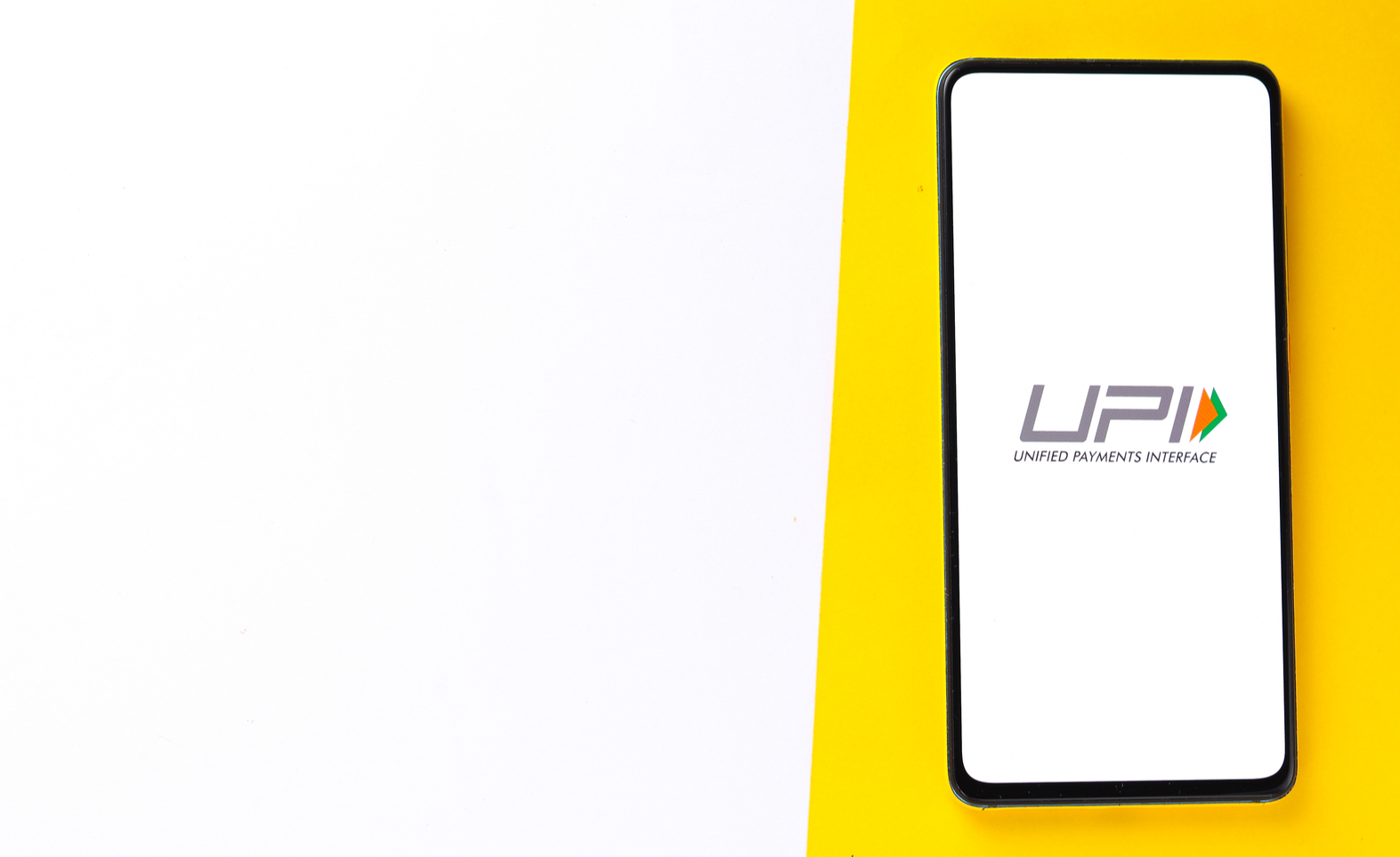
September 15, 2021
Businesses are currently charged an inter-bank operational fee of US$ 40.74 which will be eased on account of the interlinkage.
End-users will be freed from the hassle of double onboarding and cross-border payments will be made more efficient.
The move will also enable cross-border transactions through QR codes and card payments.
In line with the G20 vision, the interlinkage will enable the inflow of trade and travel remittances.

The Reserve Bank of India (RBI) and the Monetary Authority of Singapore (MAS) announced the commencement of the linking of India’s Unified Payments Interface (UPI) with PayNow, Singapore’s fast payment system. The process is expected to be completed by July 2022 and will aid the speedy transfer of money between the platforms without the hassle of double onboarding of end users. The linkage will eventually allow for the inflow of cross-border travel and trade remittances and foster greater interoperability. Small businesses can be relieved of the inter-bank operational fee of US$ 40.74 (Rs 3,000) levied per transaction, and tap into new markets overseas.
“The UPI-PayNow linkage builds upon the earlier efforts of NPCI International Private Limited (NIPL) and Network for Electronic Transfers (NETS) to foster cross-border interoperability of payments using cards and QR codes between India and Singapore and will further anchor trade, travel and remittance flows between the two countries,” the RBI said in a statement. The move is also in accordance with the G20 vision to make international transactions more efficient, speedy and transparent.
UPI has witnessed robust growth as covid accelerated the adoption of digital payments. As of September 020, India’s UPI transactions rose to 1,800 million, growing on par with the pre-COVID volume of transactions reported. The growth of the space has compelled banks to speed up response time to technical issues and strategize the adoption of smart technology. The Fintech sector in India received USD 1.47 billion worth of investments in 2020 signalling a significant increase in foreign investment.